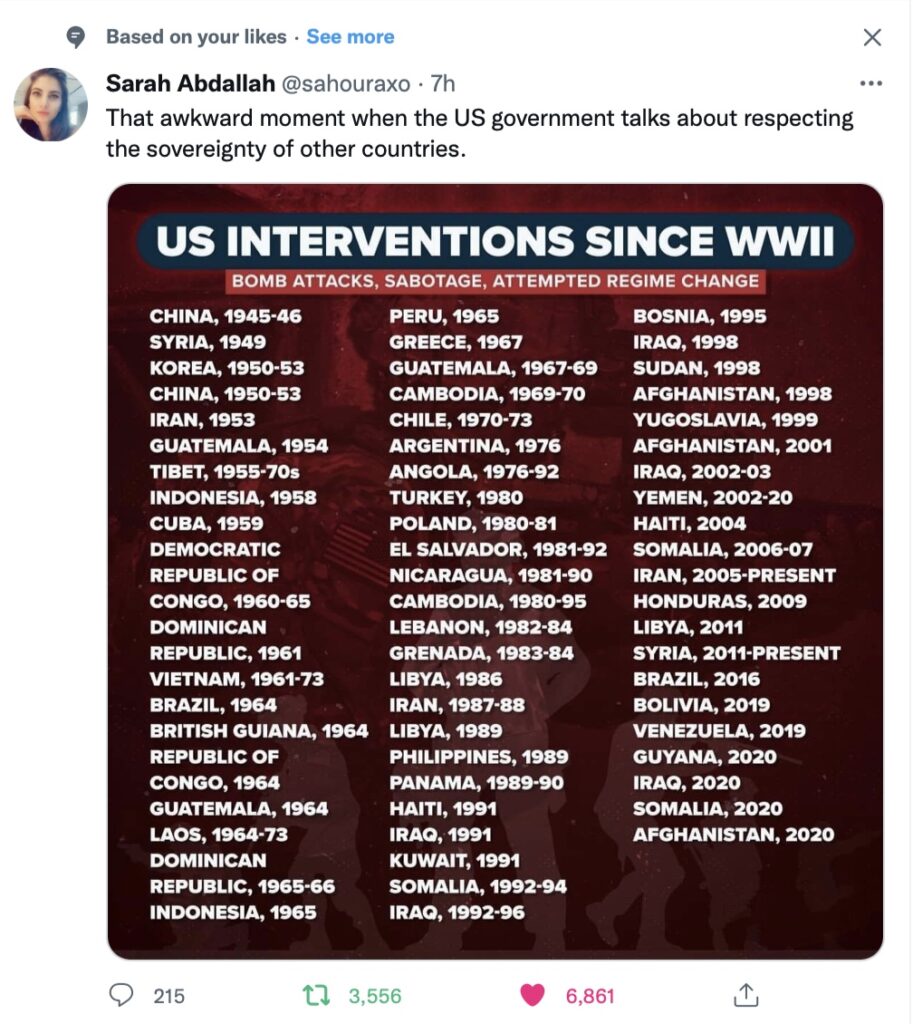Chapter 12: How to Disagree with Others
Chapter 12: How to Disagree with Others
Here’s another lesson for you, my hypothetical newborn baby. As you keep eating and pooping, I’m going to keep giving you pointers on how to make sense of this crazy world. These are the sorts of things I wish I had known when I was a lot younger . . .
We’ve already discussed (in Chapter 10) that the brain is overrated as a truth-finding device. It functions well to find truth only in certain specially-tuned environments such as laboratories, where scientists who are well-trained to disagree civilly (using the scientific method) want to know if and when they are wrong so that they can advance the kind of research that allows airplanes to actually fly. Most of the time, human animals are not in that kind of specialized environment. Much of the time, we wander around using our brains to concoct arguments that we are correct, even when we have little or no evidence that we are correct. For instance, we constantly employ these three-pound miracles as tools for making arguments to convince others to give us resources such as food, sex and big screen TVs, but not necessarily in that order.
In a later chapter, we will discuss the topic of social intuitionism, the human animal tendency to make shit up in our head to justify what our bodies want. That tendency probably describes 50% of the utterances that come out of human mouths. But wait? It just now occurred to me that we also call our mouths “pie holes,” which is fascinating. The same orifice we use for making noises at conferences is also used for transporting biomass to our stomachs. Natural Selection is such an innovative tinkerer! And we are such a strange type of animal! Sometimes I pretend I am an alien anthropologist. At those fanciful moments, I see the human animal as a mobile intestinal tract adjoined to a sophisticated and acutely tribal PR apparatus seeking out ways to make copies of itself. But that is my cynicism showing. Let’s move on, because there is an important topic at hand: We struggle to talk to one another.
We are always tribal, but especially when death or uncertainty is in the air. That is the basic holding of Terror Management Theory. Mortality salience reactivates the high school part of the brain and we flap around seeking acceptance from tribes of humans who seemingly are be best position to provide ample orgasms and iPhones. We glom on to those groups like flies onto shit. It’s really something to behold because the process of ingratiating ourselves to groups rewires the brains of human animals. If the tribe dresses in suits and ties, we dress in suits and ties. If the tribe sings songs that claim that there are more than two biological sexes or that a virgin can have a baby, we join in and sing those songs. If the tribe defines up as down, no problem. If the tribe vociferously asserts that non-stop warmongering is a good thing, we sign up for the military. Again, it’s a surreal spectacle. For reasons unclear, some of us are not wired to be groupish, so we are spared from social contagion and from having these illusions. Independent thinking is an enormous benefit. I hope you are one of the lucky ungroupish humans so that your brain doesn’t become distorted these sorts of bizarre claims that serve as identifying markers to help hold the group together. Here’s the downside. If you aren’t groupish, you’ll feel somewhat nervous when you witness a big tribe engaged in energized chanting in unison. If you aren’t wired to be groupish, you’ll need to form your own social network, person by person, which can sometimes be a lot of work, causing you to feel awkward and isolated. If you are an independent thinker, you will be able to plainly see it with your own eyes that groupish people bask in the glow of the group. It's like a powerful drug and they are willing to through skeptical truth-seeking out the window for a lifetime of basking.
But here’s a problem. When groupish people talk to us, it can be almost impossible to understand each other because we see the world so differently. Even non-groupish people often have trouble understanding each other because each of us is such a complex animal who enter conversations having been tuned for decades with lifetimes of idiosyncratic experiences. What can we do about this struggle?
I am part of an organization called Heterodox Academy, which encourages its members (teachers and professors) to reach out to engage intellectually (and otherwise) with people who don’t think the same way. Why? Because schools are supposedly places to learn and we won’t learn much of anything if we limit ourselves to hanging out people who think the same. Heterodox Academy’s mission statement is straightforward: “To improve the quality of research and education in universities by increasing open inquiry, viewpoint diversity, and constructive disagreement.”
The cornerstone of HxA is known as the five-point HxA Way, a set of easily understandable guideposts for talking with people with whom you disagree. In my experience, it works well as a general rule. It works much less well with groupish people, but it's the best tool we've got. Here are the five points:
1. Make your case with evidence. Link to that evidence whenever possible (for online publications, on social media), or describe it when you can’t (such as in talks or conversations). Any specific statistics, quotes, or novel facts should have ready citations from credible sources.
2. Be intellectually charitable Viewpoint diversity is not incompatible with moral or intellectual rigor — in fact it actually enhances moral and intellectual agility. However, one should always try to engage with the strongest form of a position one disagrees with (that is, “steel-man” opponents rather than “straw-manning” them). One should be able to describe their interlocutor’s position in a manner they would, themselves, agree with (see: “Ideological Turing Test”). Try to acknowledge, when possible, the ways in which the actor or idea you are criticizing may be right — be it in part or in full. Look for reasons why the beliefs others hold may be compelling, under the assumption that others are roughly as reasonable, informed, and intelligent as oneself.
3. Be intellectually humble. Take seriously the prospect that you may be wrong. Be genuinely open to changing your mind about an issue if this is what is expected of interlocutors (although the purpose of exchanges across difference need not always be to “convert” someone, as explained here). Acknowledge the limitations to one’s own arguments and data as relevant.
4. Be constructive. The objective of most intellectual exchanges should not be to “win,” but rather to have all parties come away from an encounter with a deeper understanding of our social, aesthetic, and natural worlds. Try to imagine ways of integrating strong parts of an interlocutor’s positions into one’s own. Don’t just criticize, consider viable positive alternatives. Try to work out new possibilities, or practical steps that could be taken to address the problems under consideration. The corollary to this guidance is to avoid sarcasm, contempt, hostility, and snark. Generally target ideas rather than people. Do not attribute negative motives to people you disagree with as an attempt at dismissing or discrediting their views. Avoid hyperbole when describing perceived problems or (especially) one’s adversaries — for instance, do not analogize people to Stalin, Hitler/ the Nazis, Mao, the antagonists of 1984, etc.
5. Be yourself. At Heterodox Academy, we believe that successfully changing unfortunate dynamics in any complex system or institution will require people to stand up — to leverage, and indeed stake, their social capital on holding the line, pushing back against adverse trends and leading by example. This not only has an immediate and local impact, it also helps spread awareness, provides models for others to follow and creates permission for others to stand up as well. This is why Heterodox Academy does not allow for anonymous membership; membership is a meaningful commitment precisely because it is public.
I know you won’t need the HxA Way for awhile. Your main conflicts will first arise when you don’t want to go to sleep. Then your main conflict will be that you won’t want to share your toys and you start to constantly fight with your caretakers for endless streams of candy (I know this is difficult to believe, but your quest for candy will fade as you become an adult). Eventually, you will have more sophisticated conversations with people who will disagree with you. I hope you will have lots of these conversations, because that's the only way for you to intellectually grow. And when you are ready for these conversations, pull out this copy of the HxA way to make disagreeing agreeable.


